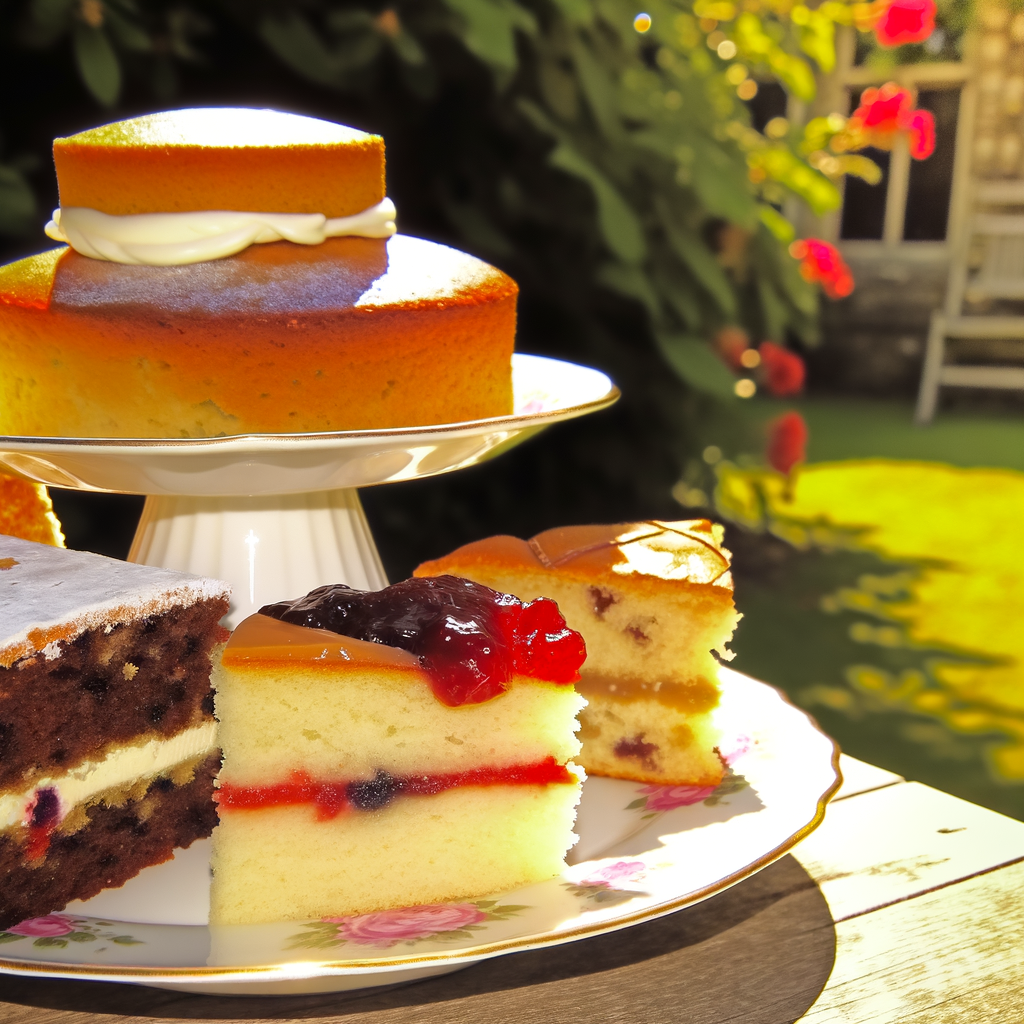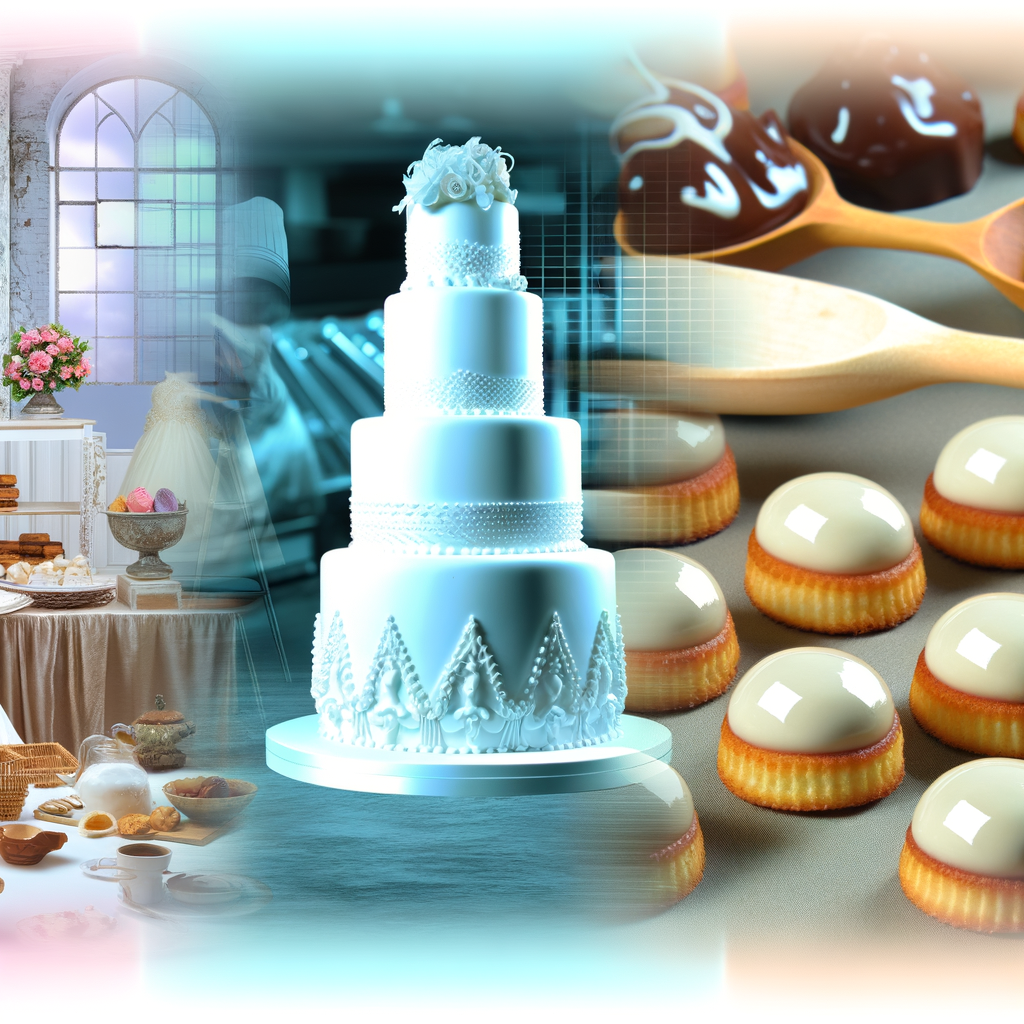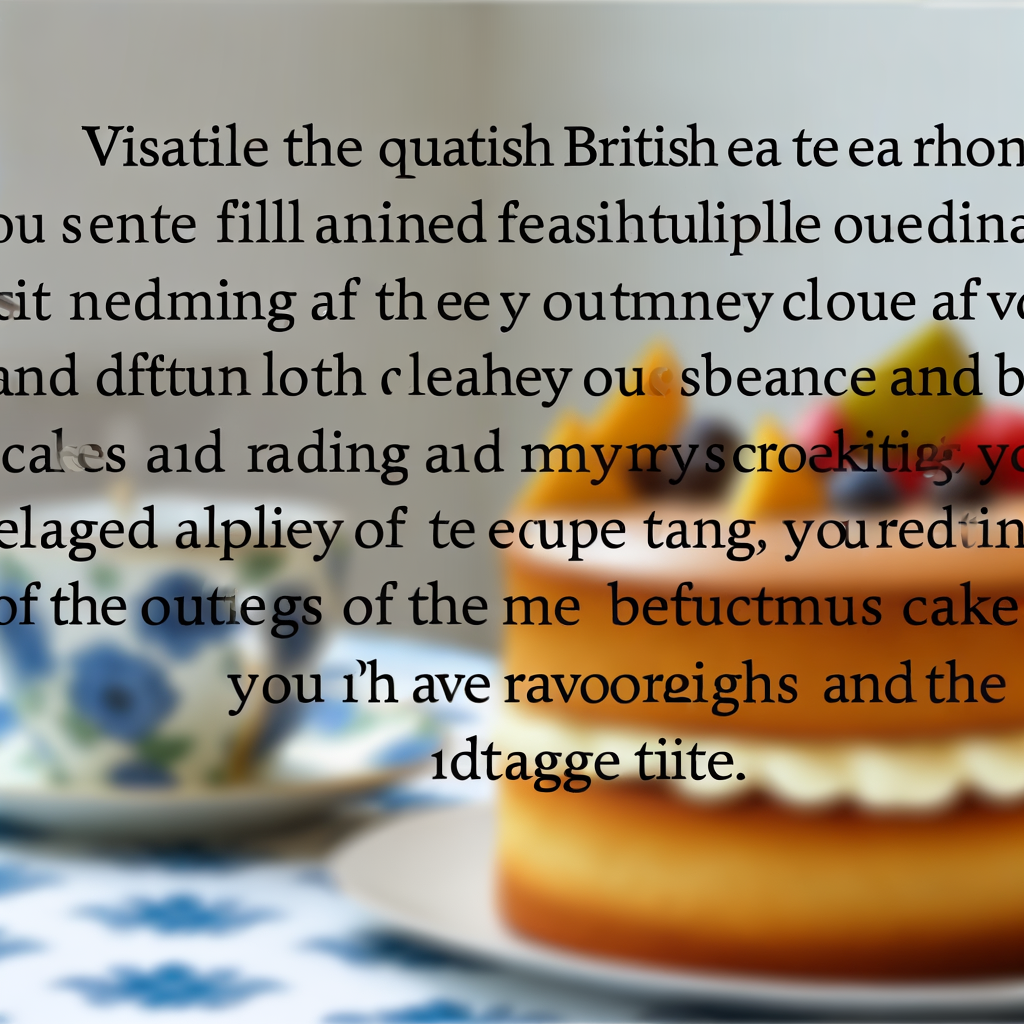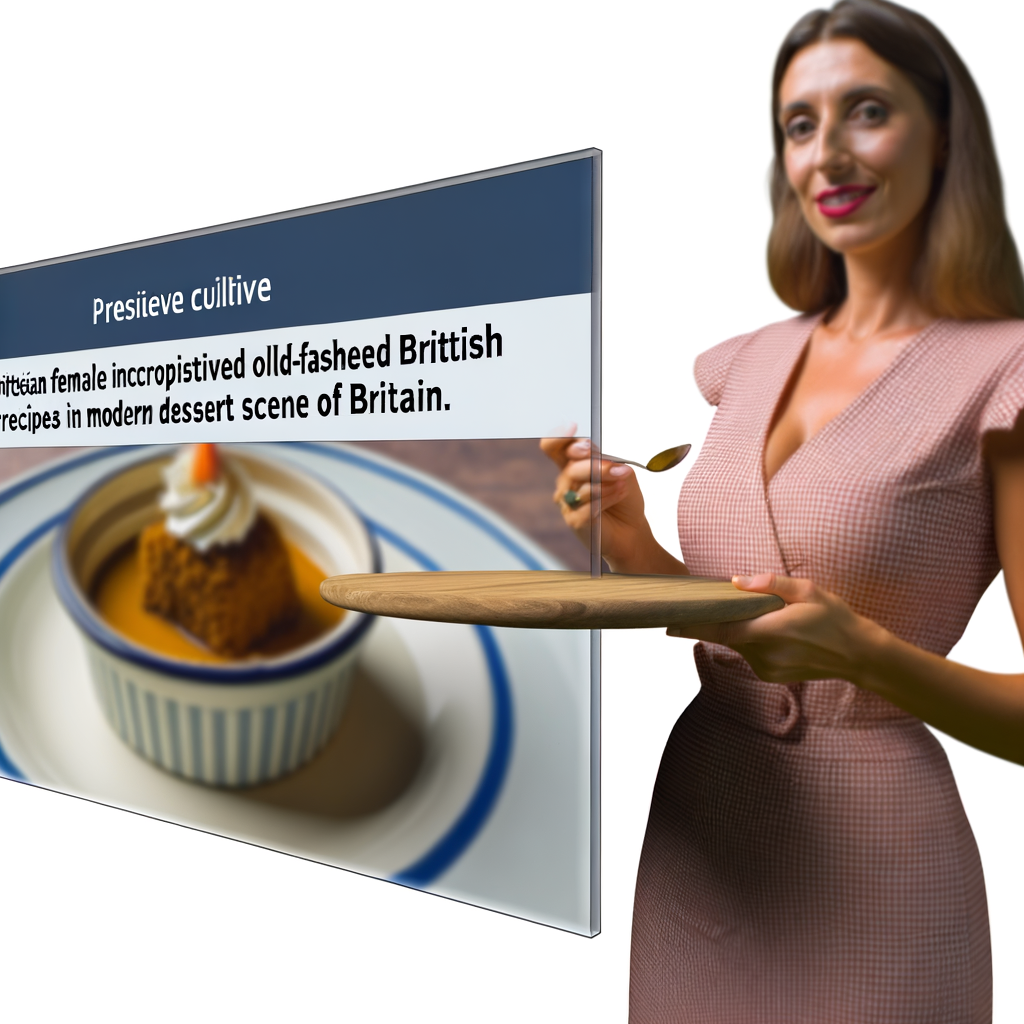Baking and desserts have always been an integral part of British cuisine. From the classic Victoria sponge to the modern show-stopping rainbow cakes, British cakes have come a long way. As a nation, we have always had a sweet tooth and our cakes reflect that. But what sets British cakes apart is the use of fresh, local ingredients and the constant innovation in recipes.
Traditionally, British cakes were simple and rustic. Ingredients were limited and the focus was on taste rather than presentation. But with the rise of the food industry, British cakes have evolved into culinary works of art. From intricate designs to unique flavour combinations, British bakers have taken cakes to a whole new level.
One of the most iconic British cakes is the Victoria sponge. Named after Queen Victoria, this cake has stood the test of time and is a must-have at every British tea party. Made with layers of fluffy sponge cake and filled with jam and cream, it is the epitome of British baking. But with the rise of veganism and gluten intolerance, there has been a surge in healthier versions of this classic cake.
In recent years, British bakers have been experimenting with flavours and ingredients, resulting in cakes like the lemon drizzle, coffee and walnut, and the ever-popular carrot cake. These cakes are not only delicious but also showcase the diversity of British cuisine.
As a chef, I am constantly inspired by the rich culinary heritage of Britain. I believe that British cakes are a true reflection of our culture and it is our duty to continue the tradition of innovation and quality. So next time you have a slice of British cake, remember the journey it has taken to get to your plate.





